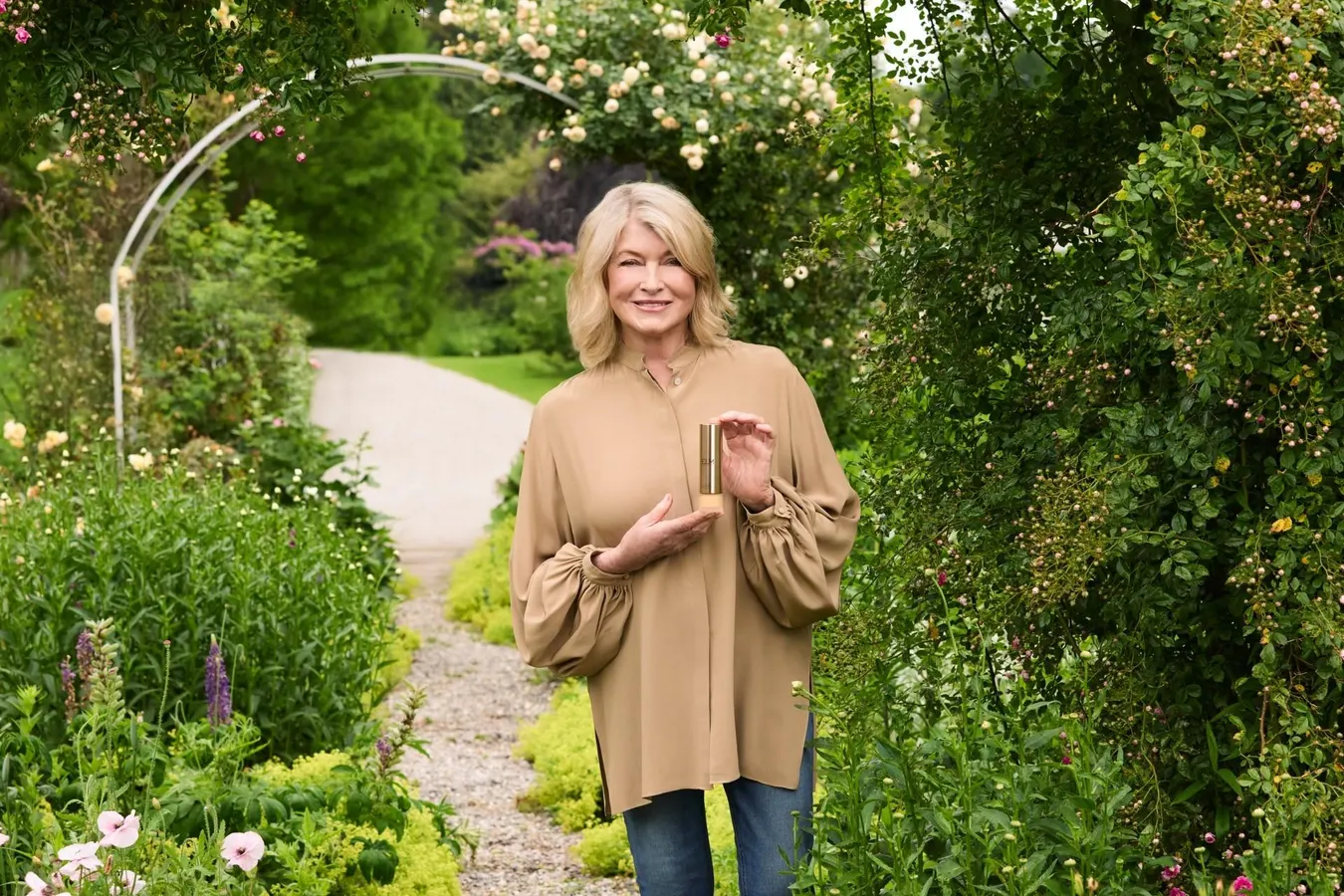Copyright Kiplinger

Question: I'm 58, divorced, and dating again, but women just seem to care about the size of my bank account. How should I approach dating differently now? Answer: Reentering the dating world can be daunting when you’ve been off the market for quite some time. But you may reach a point when you’re ready to get back out there — perhaps once your grown kids are settled into lives of their own, or once you find yourself inching closer to retirement and wanting companionship. The good news is that you have several tools at your disposal for finding a partner — dating apps (yes, we know they can be frustrating), community groups and clubs, and even your own social network. But what if you’ve recently started dating and the topic of money keeps coming up? If you’re a person of means, you may be concerned that the people you’re dating are simply looking for someone to fund their lifestyle. If you’re not particularly wealthy, you may worry that it could be a barrier. It’s important to distinguish between talking about money to a healthy degree and having it be your date's priority. It’s also important to know how to protect yourself financially should a relationship of yours progress. There’s nothing wrong with due diligence A first date is definitely not the right time to ask someone about their finances. But Jason Lee, Founder of The LoveTrack App, says that once you start seeing someone more regularly, talking about money isn’t necessarily a red flag. Rather, it may be someone doing their due diligence. “If they're looking to see if you're stable, able to commit to important processes like saving, and have good financial habits, that's a fair question and is certainly something worth knowing,” Lee says. “However, if they're interested in how you can spoil them or what kind of gifts you can give them, that's a huge red flag." Once a relationship of yours progresses, Lee recommends not shying away from money talks. “Be open to discussing spending habits and how they make financial decisions,” he says, as it could help set the stage for a healthy relationship — or help you avoid someone with whom you’re not financially compatible. Know the red flags There’s a difference between talking about money to ensure that you and a partner are on the same page and making money the defining factor in your relationship. Kelli Smith, Director, Financial Planning at Edelman Financial Engines, says that no matter how much money you make or have, the same red flags tend to apply in a dating situation. Be wary, says Smith, of a potential partner who “pressures you into quick financial commitments, avoids open money conversations, or shows little interest in shared financial values.” You should be especially careful if someone you start dating isn’t shy about asking for money or financial help, or pressures you to give them access to your financial accounts. Kelsey Simasko, attorney at Simasko Law, says you should spend money on a new partner cautiously. “Ask yourself if you’re spending money on them because you want to, or because you feel like it is required,” she says. Protect yourself if things go further You may reach a point in a dating relationship where you’re ready to make a longer-term commitment. By that point, you’ve hopefully come to the realization that your partner is more interested in you than your wallet. But even so, it’s a good idea to take steps to protect your financial interests. "Maintaining separate accounts, avoiding shared passwords or assets early on, and considering a prenuptial agreement if the relationship becomes serious are all responsible steps,” says Smith. “These steps aren’t about having mistrust with your partner. They’re about protecting what you’ve built and ensuring you have the flexibility to make decisions that align with your long-term goals.” Simasko, meanwhile, says that even if you're ready to make a big commitment, it's still okay to keep finances separate if you’re more comfortable doing that. Alternatively, you could combine some finances but not all of them. “You do not have to commingle everything,” she insists. Simasko also says that if you're considering a marriage, don't assume that a prenuptial agreement is all you need to protect yourself. “Prenups are great, but they only protect in the case of a divorce, not death,” she explains. If you’re looking at getting married later in life, it’s important, says Simasko, to do proper estate planning. That means deciding who you wish to inherit your assets upon your passing. “Estate planning is the difference between passing away and leaving everything to your children, or whoever you want to get the funds, versus not estate planning and then a fair amount of funds is usually required to go to the surviving spouse,” she explains. You may want to work with an estate planning attorney to create a will or trust that outlines your wishes explicitly. As is the case with a prenup, this doesn’t mean you don’t love or trust your partner. It simply means you’re looking to protect your financial interests and take care of your family the way you always intended. Read More



